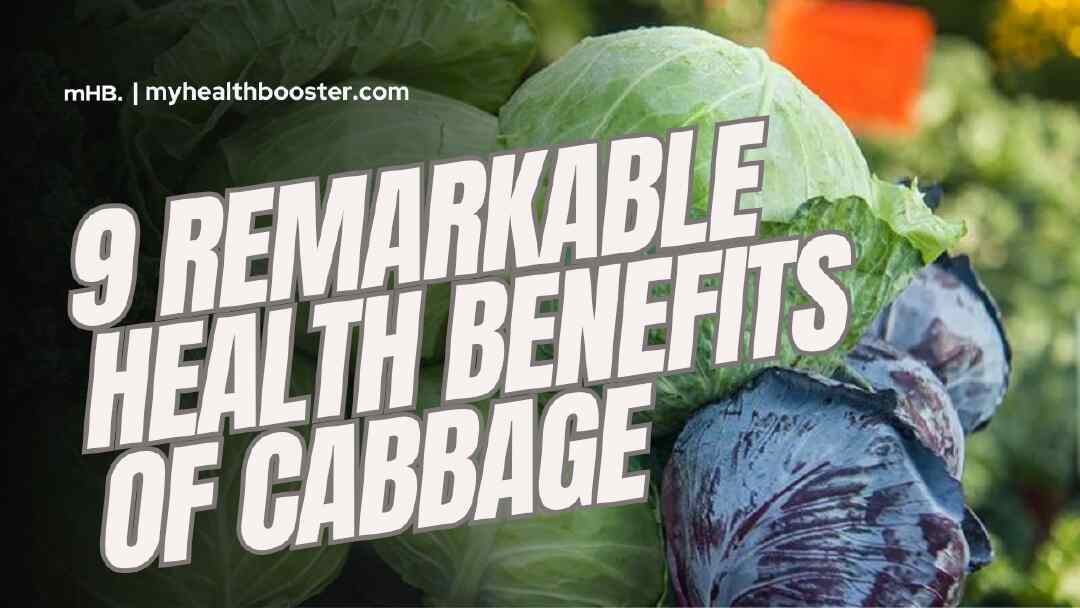Cabbage, often underestimated, is a nutritional powerhouse rich in vitamin C, fiber, and vitamin K. Beyond its traditional image, this member of the Brassica family offers various health advantages, backed by scientific research.
Packed with Nutrients
Just 1 cup (89 grams) of raw green cabbage contains an impressive array of nutrients, including Vitamin K (56% of the Daily Value), Vitamin C (36% of the DV), and other essential elements like Folate, Manganese, Vitamin B6, Calcium, and Potassium.
Inflammation Management
The antioxidants in cabbage, particularly from its cruciferous nature, have been associated with reducing chronic inflammation, and potentially preventing diseases like heart conditions, rheumatoid arthritis, and inflammatory bowel disease.
Abundant in Vitamin C
Vitamin C is essential for collagen production, iron absorption, and powerful antioxidant properties. It plays a significant role in reducing the risk of certain cancers and protecting against cellular damage caused by free radicals.
Cabbage Improves Digestion
Cabbage, rich in both soluble and insoluble fiber, supports a healthy digestive system, promoting regular bowel movements and fostering the growth of beneficial gut bacteria.
Heart Health Support
The anthocyanins present in red cabbage contribute to a lower risk of heart diseases. These compounds have been linked to decreased chances of heart attacks and reduced blood pressure and LDL (bad) cholesterol levels.
Blood Pressure Regulation
The potassium content in red cabbage aids in regulating blood pressure. Its role in counteracting the effects of sodium and relaxing blood vessel walls supports maintaining a healthy blood pressure range.
Lowers Cholesterol Levels
Cabbage’s soluble fiber and plant sterols work to reduce LDL (bad) cholesterol levels, supporting heart health and reducing the risk of heart disease.
Excellent Vitamin K Source
Vitamin K in cabbage, particularly K1, is vital for blood clotting. With 56% of the DV in a single cup, cabbage significantly contributes to this essential bodily function.
Easy Dietary Inclusion
Cabbage, a versatile and affordable vegetable, can be incorporated into various dishes—raw or cooked, in salads, soups, stews, and fermented as sauerkraut—providing an easy and delectable way to enhance health.
In summary, cabbage’s exceptional nutrient profile, from vitamins C and K to its fiber and antioxidant content, suggests that its consumption might aid in disease prevention, inflammation reduction, and overall health enhancement. Embracing this cruciferous vegetable in various culinary forms is a simple, cost-effective way to harness its numerous health benefits.
